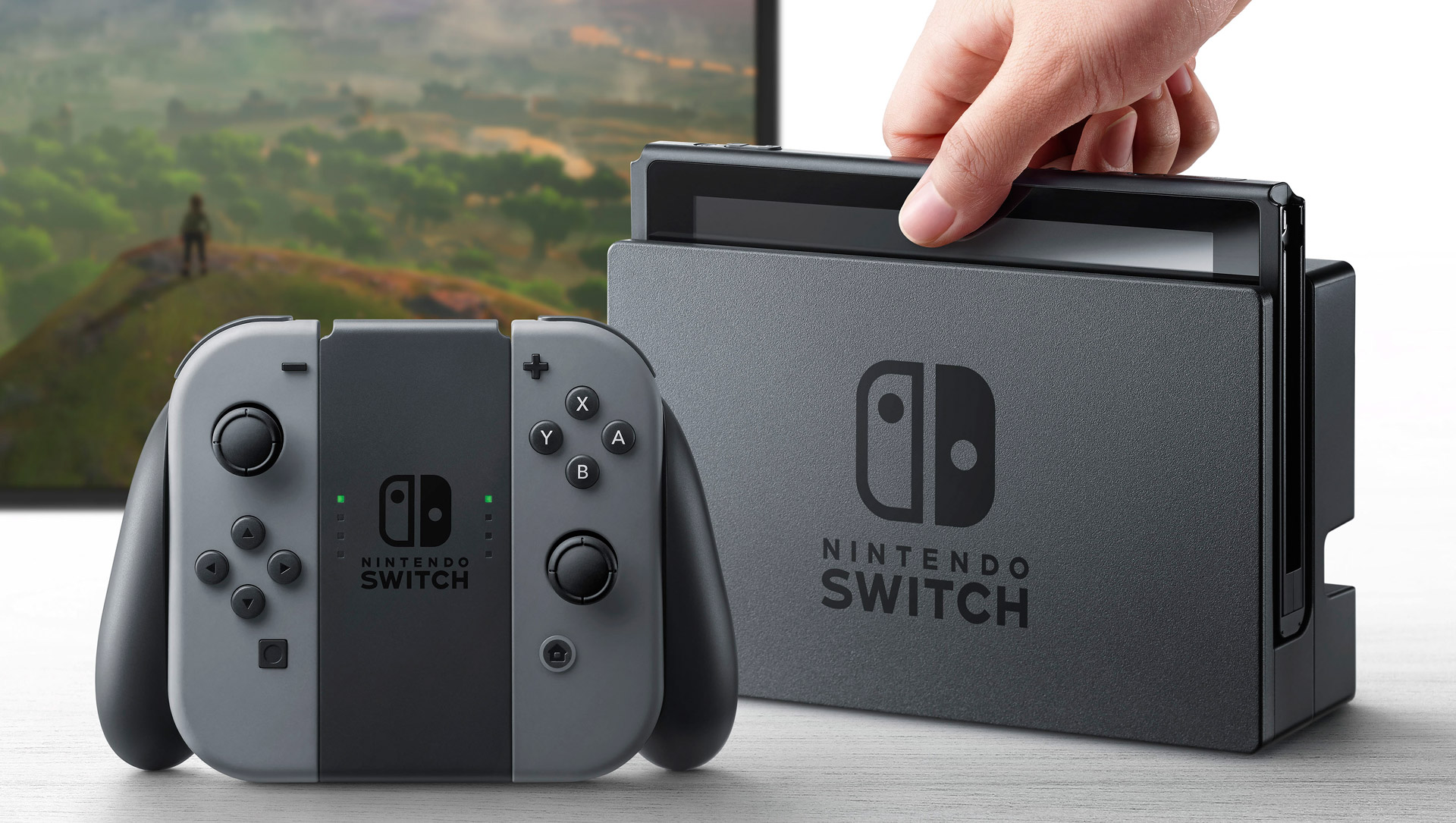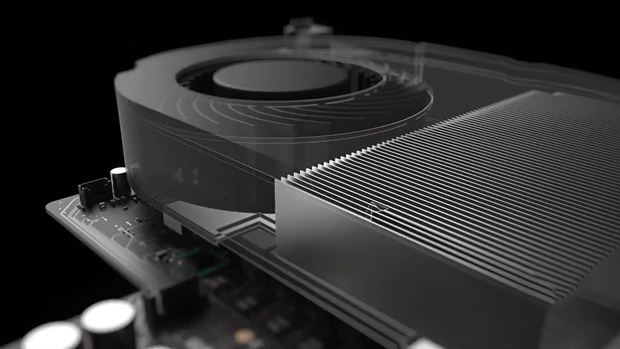
The Switch’s success at this point in not something that can be convincingly contested, empirically speaking. Barring some weeks of severe shortages (following a very front loaded launch), the Nintendo Switch has consistently managed to be the top selling gaming device worldwide since it launched. The narrative around the system has changed, and at this point, the Switch is accepted as being a vital and integral part of the gaming landscape- a far cry from just a year ago with the Wii U, when Nintendo was teetering on the edge of irrelevance, or even with the Wii, when they were successful, but they shut themselves out of the larger AAA market.
The hugely interesting thing here, at least to my mind, is how the Switch has done so by, yet again, defiantly standing in the face of what many assumed modern console gaming had become- a race to have the most technologically impressive, third party friendly, closed box, pared down PC. And while the Switch is third party friendly by design, a pared back PC it is not. Its hardware is mobile based, it is far weaker than either of the existing consoles on the market, and especially in an era when Microsoft and Sony are pushing out the supercharged PS4 Pro and Xbox One X, a console that feels like a souped up Wii U seems almost baffling.
And yet, Nintendo have managed to sell it, and sell it a lot. In that context, Nintendo’s success with the Switch is that much more remarkable. More and more, we are seeing third parties come around to the system. Japanese third parties are jumping on board, indies seem to love the thing, mid tier western developers are finally coming around to it, and even AAA developers have indicated that they are paying attention to how it does. There is a possibility that the Switch may even have decent third party support when all is said and done. Not PS4 and Xbox One level, of course- but at least the modern equivalent of Gamecube level support, if nothing else.
"Nintendo’s decision to sidestep the tech arms race again and go with a unique portability hook was not made to appeal to third parties in the first place."
Of course, this is a hypothetical, and there is a possibility that third parties never come on board to begin with. However, Nintendo’s decision to sidestep the tech arms race again and go with a unique portability hook was not made to appeal to third parties in the first place- instead, this was a decision Nintendo made almost in defiance to third parties. Understanding that soliciting third party support was for them hard at the best of times, and understanding that Nintendo needs to support its systems itself, Nintendo also came to the realization that its systems suffer terrible droughts as a result- with Nintendo games taking a long time to release, and no third party games to fill in the gaps, it can be months between notable releases.
There were three key factors to keep in mind here- game development pipelines are increasingly becoming more complicated as time goes on, which means game development in turn takes longer than ever before; Nintendo’s own game output was spread up between two platforms; Nintendo had different development environments for its different platforms.
Addressing the latter two concerns automatically addressed the former. For Nintendo, unifying its handheld and console hardware lines made the most sense- not only would Nintendo end up unifying its output to one system, thereby assuring a steady stream of games, its development pipelines would be consolidated too. The extremely important consequence of this was that a console-handheld hybrid system is, by definition, limited by its mobility when it comes to hardware power- the lowest common denominator is the mobile mode, so the power draw, heat dissipation, and so on, must be designed around that. This meant that there was a very real limit on how powerful the Switch could be- not that much more powerful than the Wii U. And while traditional wisdom, the same wisdom that gave us the PS4 Pro and the Xbox One X, might have contended that that is a mistake, for Nintendo, this was a blessing- at the Switch’s hardware power, games aren’t as time and resource intensive to make as they are at the PS4, Xbox One, and especially the PS4 Pro and Xbox One X’s hardware level, further reinforcing that Nintendo would be able to assure a steady cadence of games for the system. Even more importantly, Nintendo wouldn’t have to jump from Wii U level of power to PS4 Pro (at least) levels of power, and find itself in a harsh adjustment period like they had to with the Wii U again.
"By sidestepping the power race, Nintendo was able to assure that the Switch would be self sufficient- even in the total absence of third party support, Nintendo alone would be able to support it with a steady flow of games."
So by sidestepping the power race, Nintendo was able to assure that the Switch would be self sufficient- even in the total absence of third party support, like what happened with the Wii U, Nintendo alone would be able to support it with a steady flow of games. It was a bold gambit, but it paid off- as we can see, Nintendo has managed to line up a major game every month for this year, and this is likely to continue into the next, too.
By keeping the device constantly attractive with a new major game every month, Nintendo maintained the sales, and maintained the momentum. This, in turn, caught the attention of third party developers and publishers- and since the Switch was being sold on the back of games like Breath of the Wild and Splatoon 2 (so an open world RPG and a multiplayer shooter), rather than Wii Sports and Wii Play, developers know the audience cultivated isn’t even a casual one- it’s a core, engaged audience, which means games they bring are likely to be ones appropriate for that audience as well (we are already beginning to see this- games like Rocket League, Skyrim, FIFA, and NBA, instead of Boom Blox and Carnival Games).
So sidestepping the power race- and putting out a console less powerful than the original Xbox One right as the PS4 Pro and Xbox One X were coming out- was actually a sensible move for Nintendo. It was the perfect decision for them, and the best thing they could have done. Could they have found success by leapfrogging straight to the PS4/Xbox One or PS4 Pro/Xbox One X spec? It’s hard to say, but it is likely they would not have been this successful. Consider the following:
- Nintendo does not sell hardware at (sustained) loss(es); the system would have been far pricier than the Switch, and the competition’s offerings
- Simultaneously, the system would presumably be lacking basic media functionality (since Nintendo famously doesn’t pay media licensing fees)
- Nintendo’s own game output would have been far slower- possibly even slower than the Wii U era, when it was the slowest it has ever been, sometimes crawling down to as few as 3-4 games a year
- Third party support would still not be assured- generally speaking, Nintendo’s ecosystem has historically been the hardest for third parties to crack (for a variety of reasons, from Nintendo’s own third party relations to audience cultivation), which is why even when Nintendo has hardware on par – such as the Gamecube – they struggle with third party support
"It is likely they would not have been this successful had they tried to compete with PS4 Pro and Xbox One X."
So we would have had an overpriced, underfeatured system with low Nintendo support and possibly low third party adoption- an inherently unappealing proposition. How would such a system ever sell? To whom? On what basis?
No, I think on the whole, Nintendo made the right choice by deciding to stick to their strengths here. Their strengths are the portable market, their strengths are their games, and their strengths are them doing their own thing. The Switch managed to highlight all three of those things, without being disruptive. And it allowed Nintendo to not just survive, but thrive, in a power driven console market.
Note: The views expressed in this article are those of the author and do not necessarily represent the views of, and should not be attributed to GamingBolt as an organization.
















